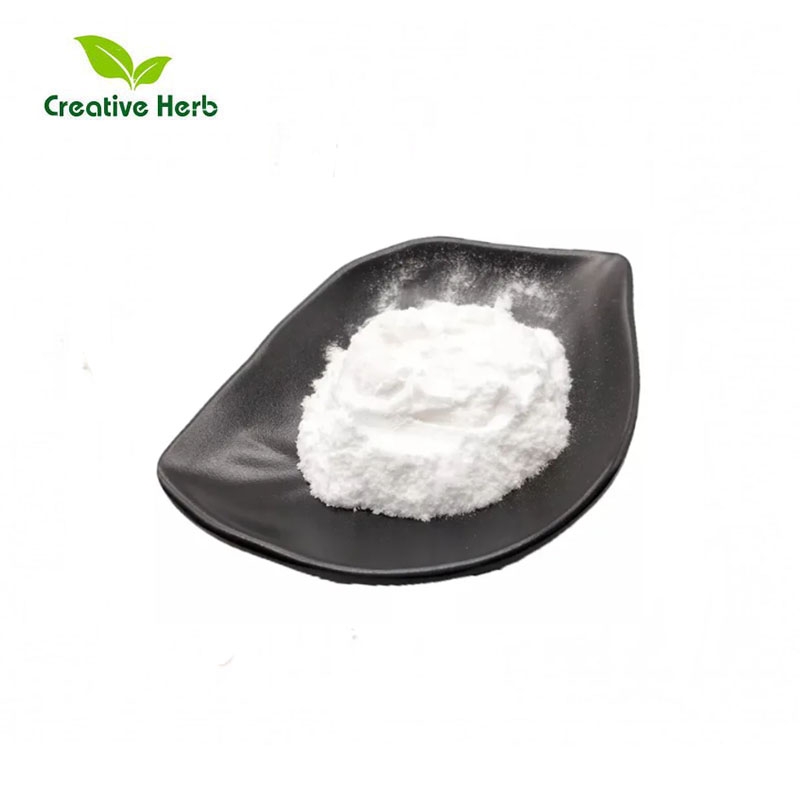Pain: why does chemotherapy cause pain? New research to find new drugs to solve pain!
-
Last Update: 2018-03-28
-
Source: Internet
-
Author: User
Search more information of high quality chemicals, good prices and reliable suppliers, visit
www.echemi.com
March 29, 2018 / biool / - in an article recently published in pain, scientists from the University of St Louis (SLU) reported that they have successfully eliminated the painful pain that often accompanies a colorectal cancer drug in a mouse model Photo source: Dr cc0 public domain Daniela salvemini is a professor of pharmacology and physiology of slu Her research direction is the pain signaling pathway - the reaction between a series of molecular components that produce pain in the body One of the pain she studied was chemotherapy-induced neuropathic pain (CINP), a common side effect of chemotherapy, manifested as numbness or tingling of hands and feet, which can lead to limb pain, extreme cold or extreme heat In addition to causing discomfort, CINP is also a limiting factor in the efficacy of treatment "There are now 14 million cancer survivors in the U.S due to the improved effectiveness of cancer treatments." Said salvemini "But many of these survivors suffer from chemotherapy side effects, such as CINP, and there is currently no way to treat them So this is an urgent medical need " In her current article, they studied oxaliplatin, a platinum drug used to treat colorectal cancer About 60% of patients treated with oxaliplatin will suffer from CINP, and this side effect will last for many years after treatment The researchers found that the molecular pathways associated with the drug's side effects were due to increased adenosine kinase expression in astrocytes and decreased adenosine signal reception by the key receptor A3AR By supplementing the A3AR agonist, the researchers successfully inhibited the CINP without weakening the anticancer properties of the drug These findings enhance researchers' understanding of pain signaling pathways and provide new ideas for how to use drugs to treat chemotherapy-related pain Perhaps more exciting is that the existing A3AR agonists have entered clinical research as anticancer drugs This article provides a new way to evaluate the combination of these drugs with oxaliplatin to limit CINP and treat cancer Reference: Carrie wahlman et al, chemotherapy induced pain is promoted by enhanced spiral adenosine kinase levels through astrocyte dependent mechanisms, pain (2018) Doi: 10.1097/j.pain.0000000000001177
This article is an English version of an article which is originally in the Chinese language on echemi.com and is provided for information purposes only.
This website makes no representation or warranty of any kind, either expressed or implied, as to the accuracy, completeness ownership or reliability of
the article or any translations thereof. If you have any concerns or complaints relating to the article, please send an email, providing a detailed
description of the concern or complaint, to
service@echemi.com. A staff member will contact you within 5 working days. Once verified, infringing content
will be removed immediately.







